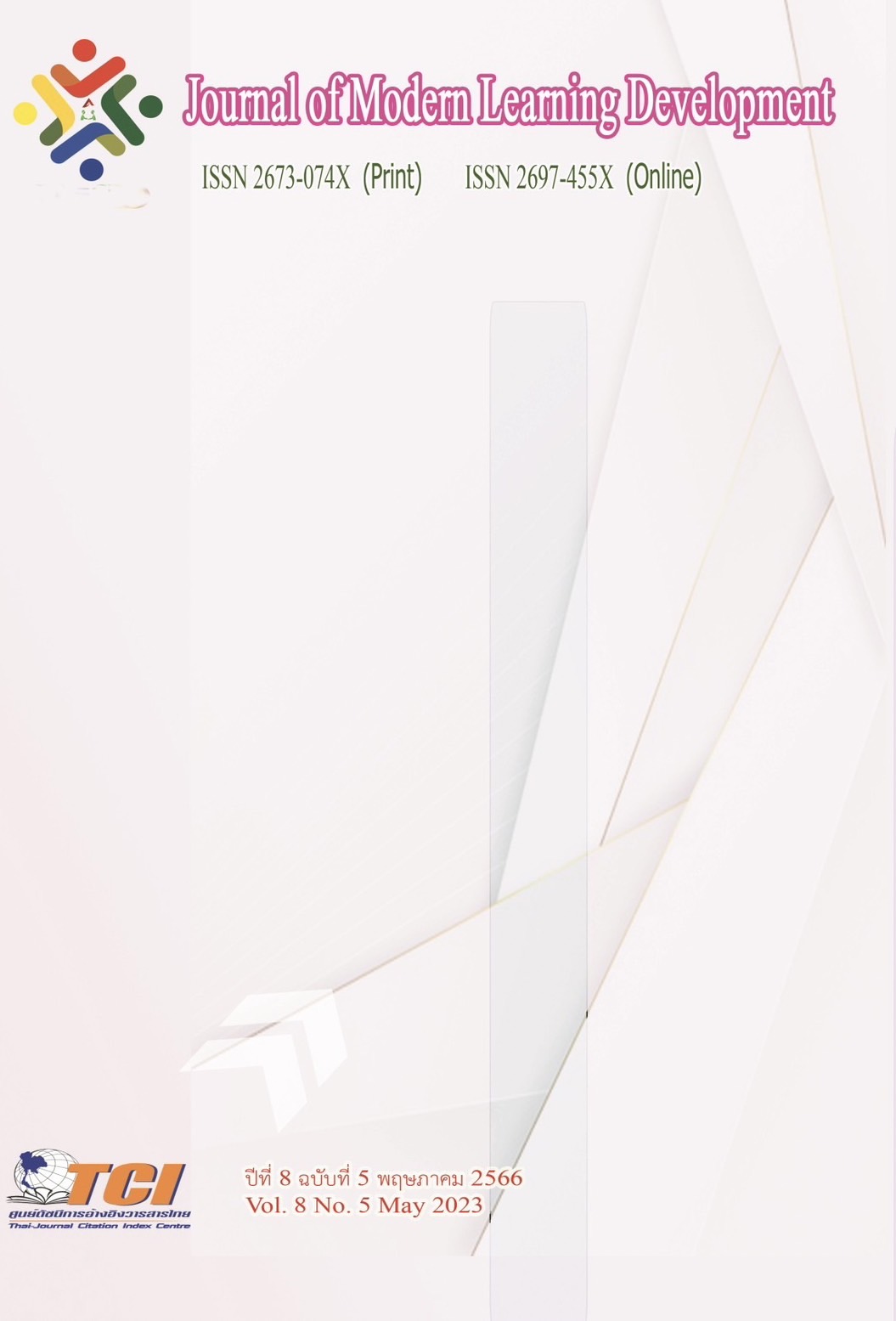The Development in Contemporary Vocal Music Education in China
Main Article Content
Abstract
China's vocal music education culture has a history of thousands of years. Vocal music education plays an important role in controlling the development of vocal music culture, is entrusted with the human spiritual civilization, and the life of the laboring people is closely related. Of course, the development of culture is completely inseparable from the political and economic system, nor can it control the progress of human civilization. Vocal music culture is passed down through time, through the integration of knowledge by musicians of various nations, and then through the enrichment of human wisdom. It is developed according to its laws.
Article Details
References
Dong, L. (2015). The "soul" position of enchant teaching in art colleges. Popular literature and art. (04), 239.
Fang, M. (2007). Music, aesthetics, from traditional to modern. Music and Rhyme Press.
Liang, M. (2011). Research on Chinese Contemporary Music in the Thirty Years of Reform and Opening Up. Fujian Art. 2011 (3), 46.
Qi, W. (1989). Chinese Music History. Gansu People's Publishing House.
Qian, R. (2001). The source of school music. Shanghai Music Publishing House.
Sun, J. (2005). History of Music Education in Modern China (1840-2000). Shandong Education Press.
Wang, S. (2019). Theoretical thinking on the construction of Chinese vocal music School. Chinese Music. 2019 (3), 58.
Zheng, W. (2018). Analysis on the historical function of Chinese Anti-Japanese War songs. Journal of Hebei Normal University, 2018 (08).
Zhu, G. (2011). History of Western aesthetics. The Commercial Press.


